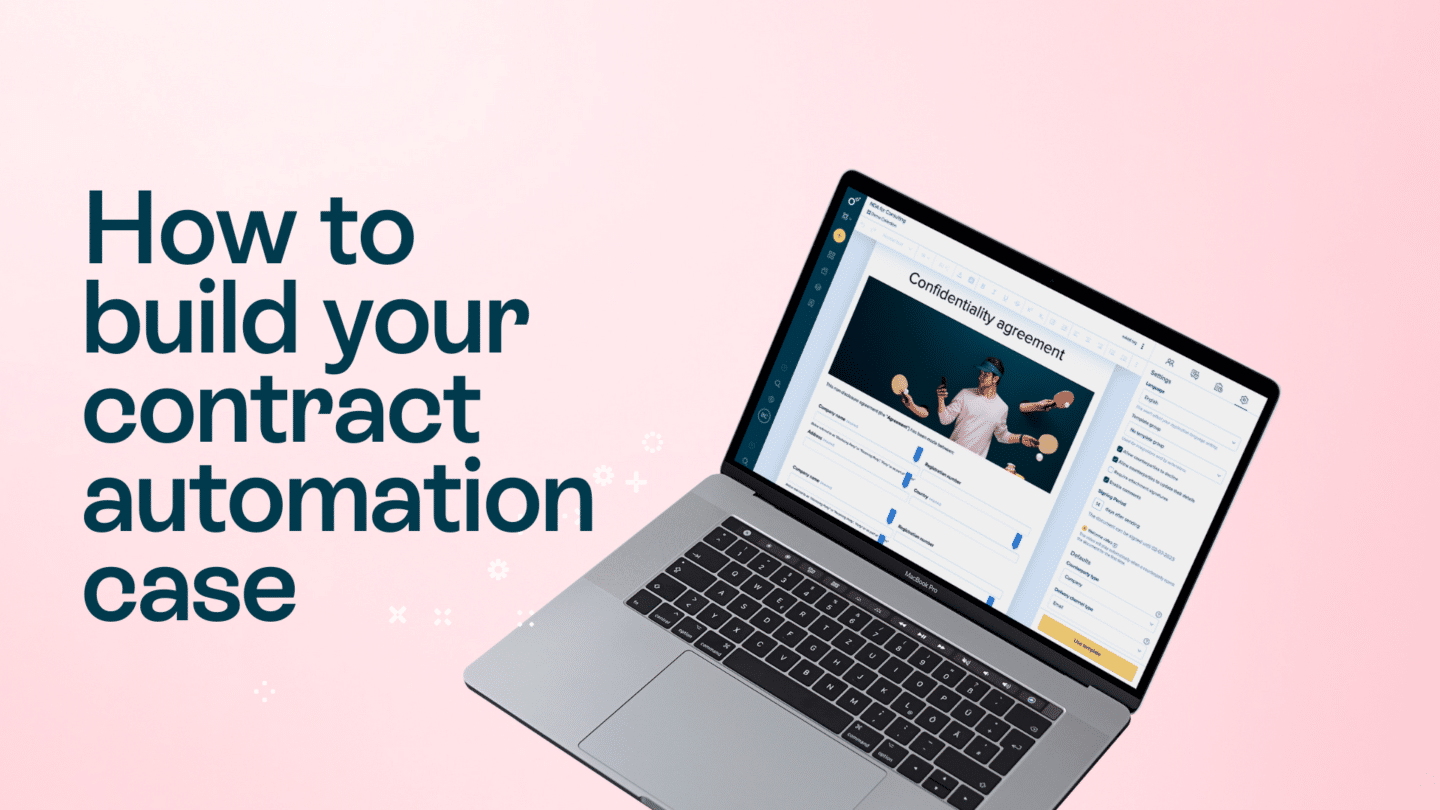Whether you took a nervous gulp, or spent hours staring at your screen in excitement, the launch of ChatGPT in late 2022 was a huge moment. A lot of people will be wondering about which jobs AI will take in the future. We’re here to help look a little deeper into that; specifically, how it will impact the world of B2B.
Now, before we get started, we just want to make it clear that this article isn’t intended to scare anyone. It’s intended as a look at how AI could change the job market.
In this article, we’ll cover:
- Copywriters
- Accountants
- Receptionists
- Clerks
- Computer programers
- Financial analysts
- Business analysts
- Hedge fund managers
- Document managers
- Data entry specialists
- Customer service specialists
- Auditors
But before we get to any of that…
What actually is AI?
AI stands for ‘artificial intelligence’, which encompasses a pretty wide range of computer programs and softwares that can do tasks that would normally require human intelligence. In short, AI software has built in logical algorithms that gives software the ability to “think” and carry out functions appropriately.
AI has been around for a while. But it was the launch of ChatGPT in late 2022 that really led to its big breakthrough. We’ve probably all had at least a few goes on ChatGPT by now. So whether you find it fascinating, slightly terrifying or are indifferent toward it, we can all agree that we’re only just scratching the surface of AI’s potential.
So, without further ado, let’s get to the jobs AI will take in the future.
Read also: Why Oneflow is a contract automation platform for everyone

1. Copywriters
At the moment, chatbots can seem slightly robotic, unless they’re programmed with copy written by a human. But with advances in NLP (Natural Language Processing), that could soon change. As it is, some chatbots already have an ability to “learn” through frequent interactions.
This means that, in time, AI could become capable of writing natural language copy. As things stand, AI still sounds clunky in longer pieces, and many tools are still not capable of using up-to-the-minute data and information.
2. Accountants
It’s often said that “the only certainties in life are death and taxes”. That may be so, but AI could well be handling the taxes part for you soon. There’s already software which automates a large part of the financial process for businesses.
Soon, that software could become more mainstream. Now, that doesn’t mean that Deloitte or the accountant on your local high street will be replaced anytime soon. But it does mean that accounting could, at the very least, become more accessible to the general public.
3. Receptionists
This is a job that has already been partly automated. We’ve all visited a bank or gone for a doctor’s appointment and signed ourselves in using a screen. Now, with AI, that process can be accelerated.
AI could answer quick questions, record arrival data in real time, and even pull records based on what those contacting reception need to know.
Read also: Will AI replace my job? Find out more

4. Clerks
We all know that clerks working in different areas have different responsibilities, so this will be a general overview. Take, for example, legal clerks. AI can already draft contracts for you in just a few moments.
Given the advances that AI has already made, this is likely to be one of the jobs AI will take in the future.
5. Computer programmers
This isn’t exactly one of the jobs AI will take in the future, but it is one that it will help to streamline. AI is now capable of writing fairly sophisticated code (e.g., AI generated Python scripts) in mere seconds.
Now this doesn’t mean that computer programmers will be out of a job, but it does mean that the role could be greatly diversified. With such little time spent on coding, computer programmers can focus more on problem-solving, and making the product the best it can be.
6. Financial analysts
A financial analyst looks at the wider monetary picture, then helps banks, or individuals, make the best choice on what to do with their money. In the future, AI might well be able to do this. When it comes to cost, AI is generally cheaper than people, so automation here is very possible.
Going forward, this is likely one of the jobs AI will take in the future.
Read also: It’s not just ChatGPT! Top 12 AI applications for B2B businesses

7. Business analysts
A lot like financial analysts, business analysts look at the bigger picture, and help businesses make decisions on how best to spend their money. Business analysts can either be employed directly by a company, or can operate on a freelance basis. But AI could soon change all of that.
There are already softwares out there that use some form of AI to create financial models and forecasts. As AI increases its capabilities, and these types of softwares become more accurate and reliable, it’s likely that the title of business analyst is one of the jobs AI will take in the future.
8. Hedge fund managers
We’re probably all familiar with the classic hedge fund manager pathway. Born into money, attended a private school, then an elite university like Oxford or Harvard, then started working in Canary Wharf or on Wall St. Well, AI could be about to shut down this well-known trajectory.
Hedge fund managers can find themselves doing many tasks, but their bread and butter is overseeing their clients’ investments. They need to make sure they’re growing and doing as well as they possibly can. And now AI can automate at least part of the process, as it can be used to forecast. Going forward, AI’s role in the financial world looks set to only grow until it has eclipsed the need for human hedge fund managers.
9. Document managers
The number of document manager openings has declined in recent years. And soon, AI could consign the role to the Museum of Office History entirely. Already, contract management softwares, like Oneflow, can help you quickly and easily store, manage and find all of your documents in just a few clicks.
10. Data entry specialists
Data entry involves inputting various pieces of data or information into a specific database or spreadsheet. Traditionally, it was pretty manual work. Although, with the rise of XML feeds, it’s become more efficient.
As AI becomes even better and is applied in ever more dynamic ways, it’s very likely that there’ll be a way for XML feeds to be automatically managed. As such, it’s very likely that the title of data entry specialist is a job that AI will take in future, perhaps even the near future.
Read also: How to automate HR contracts?

11. Customer service specialists
We can all agree that customer service specialists are the most visible part of your organization to your customers. But soon AI could be managing day-to-day customer questions. This doesn’t necessarily mean that customer service specialists will suddenly disappear, but it would leave them with more time to work on the more complex problems, potentially helping with customer retention.
Customer service specialist isn’t one of the jobs AI will take in the future entirely, but it is one that AI will likely radically transform.
12. Auditors
An auditor looks over financial accounts and plans to make sure everything is properly accounted for, and is legal. Auditors spend a long time pouring over detail. But AI could soon do this. It’s possible that, in the not too distant future, AI will be able to do this work. This is likely one of the jobs AI will take in the future.
The key takeaways
AI is a gamechanger. It’s going to have profound and far-reaching consequences in the B2B job market. But the point of this article is not to cause despair. Instead, it’s important to think about upskilling and possible career changes.
AI is opening up a whole new world of possible job opportunities. There will need to be jobs that work with AI and deep learning, among other things. Now is the time to get ready for these new jobs.







